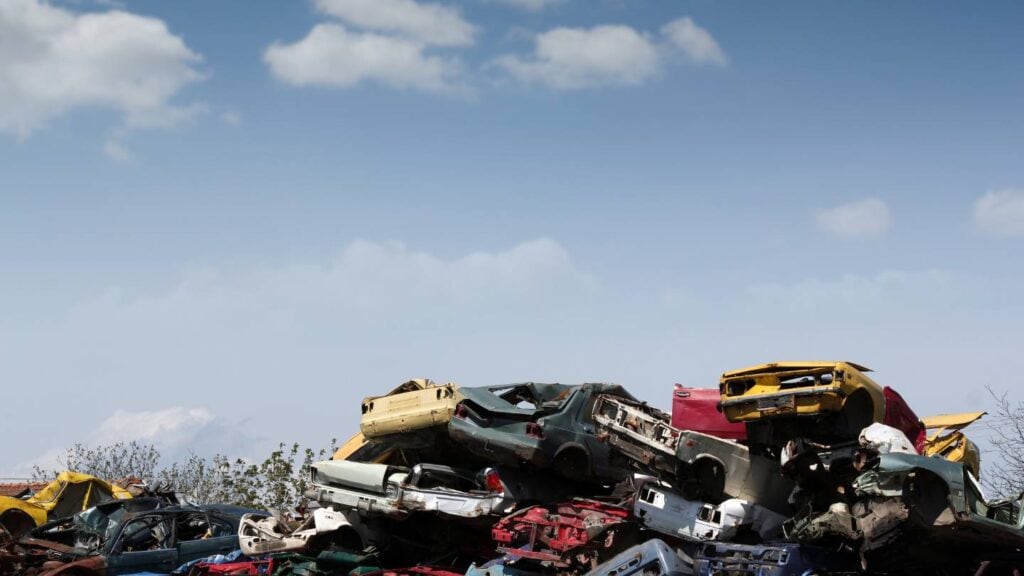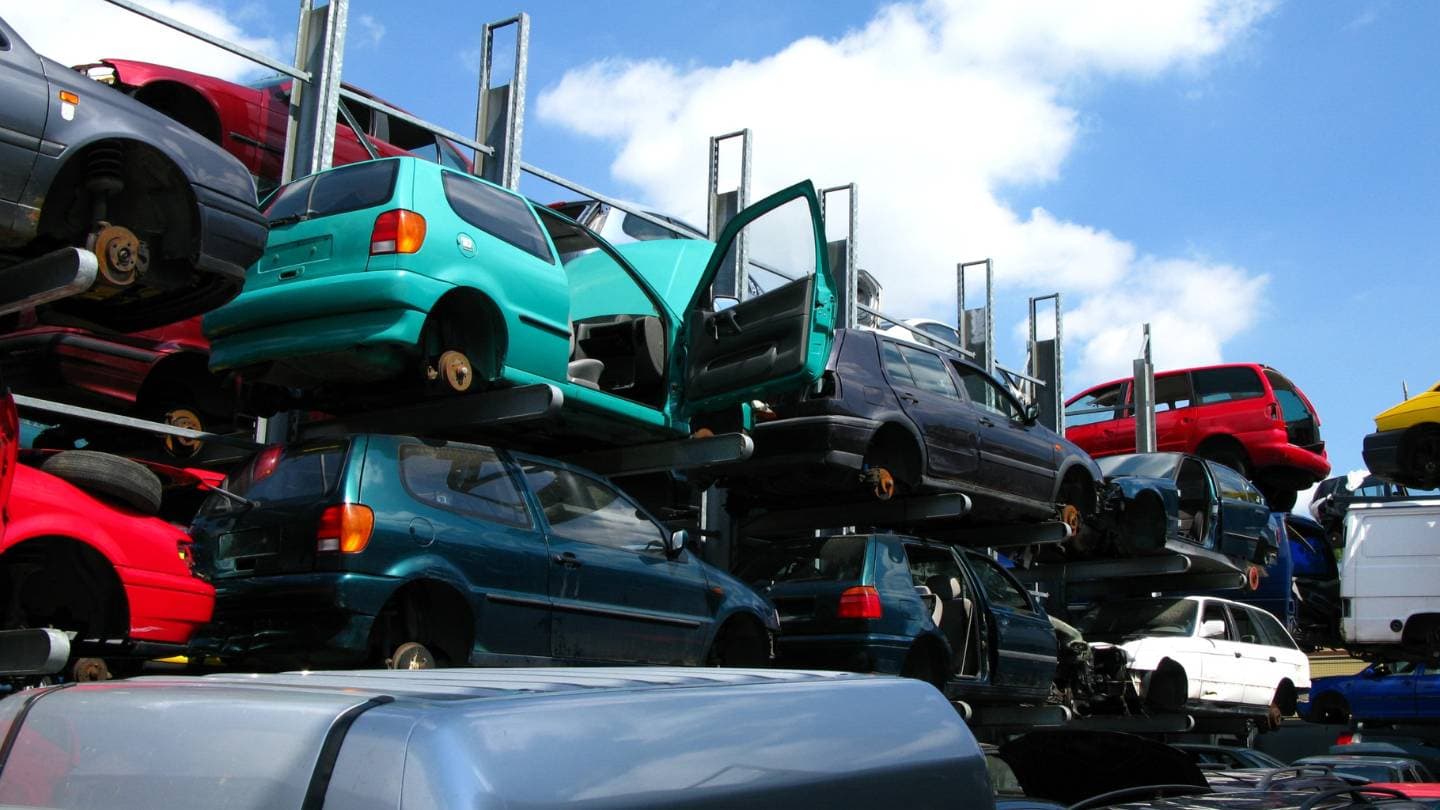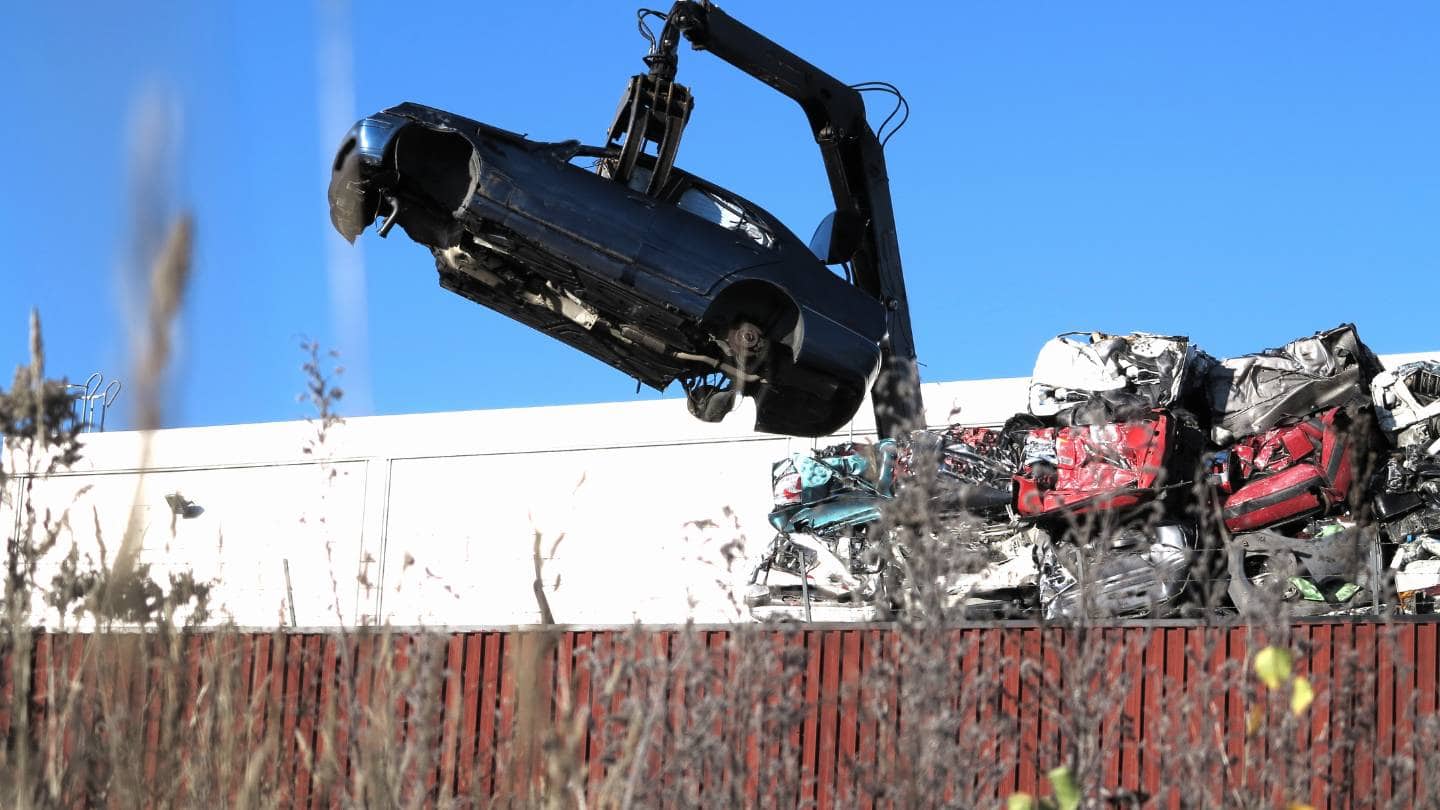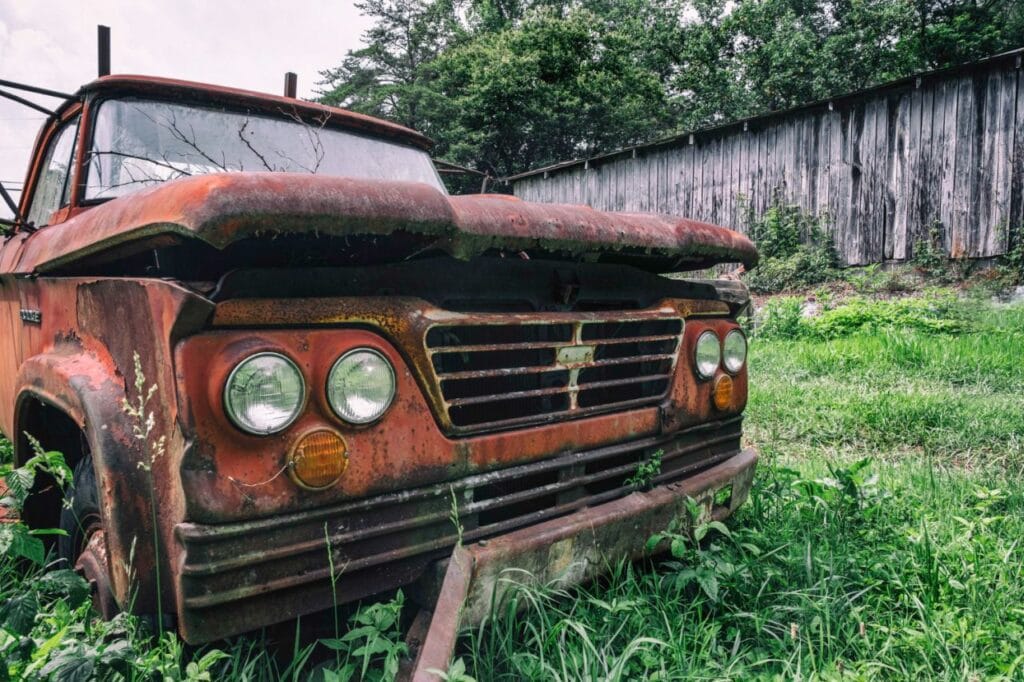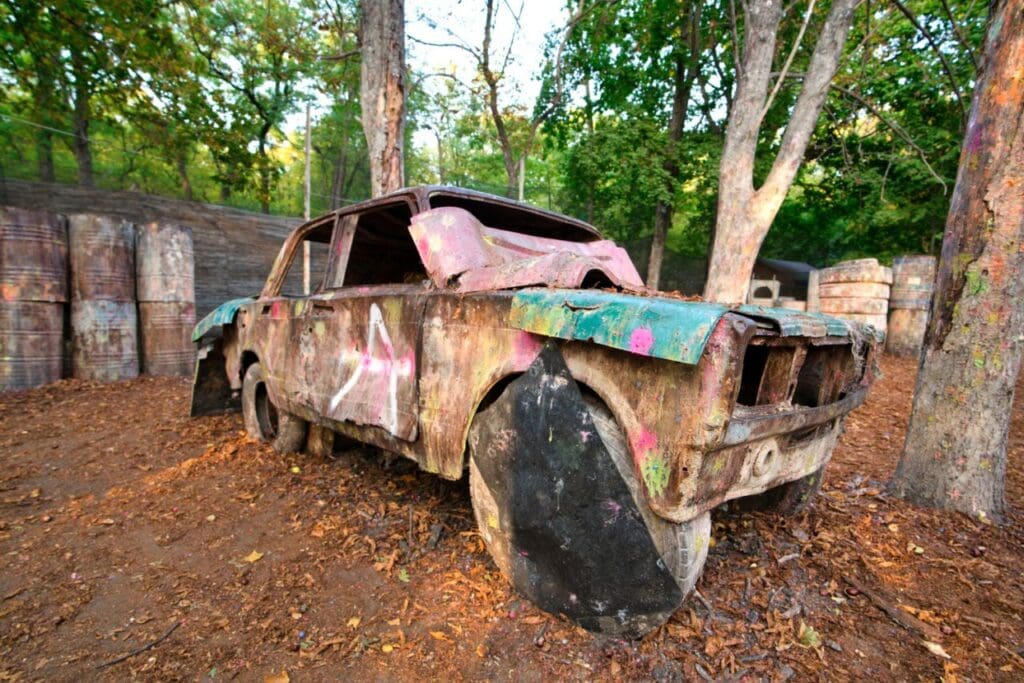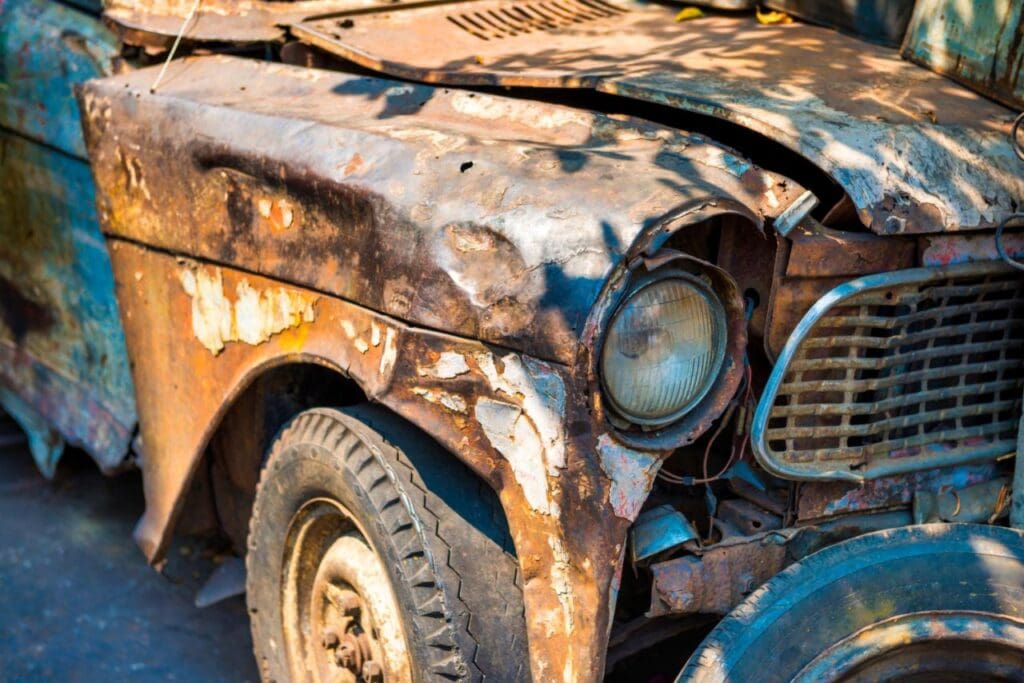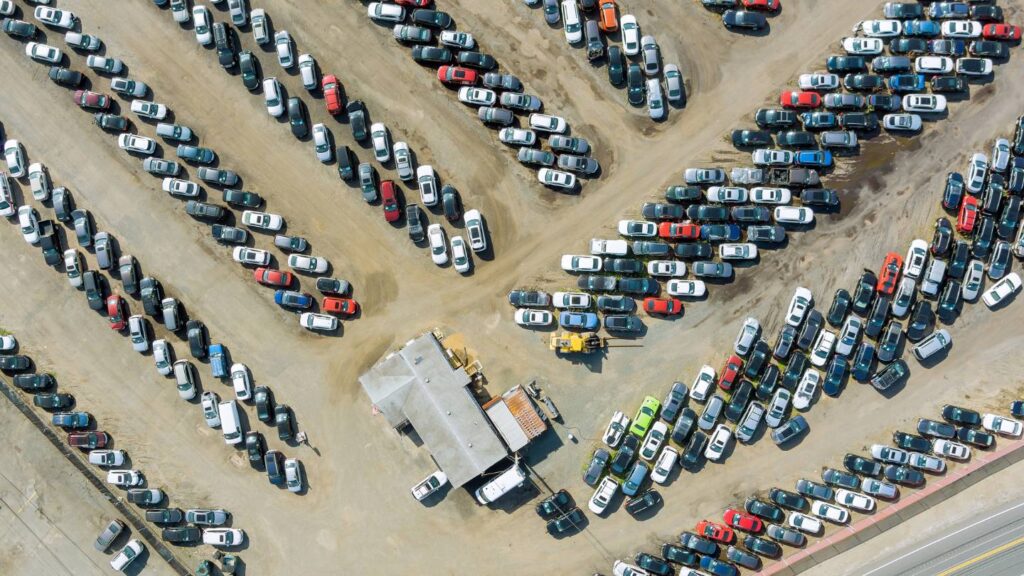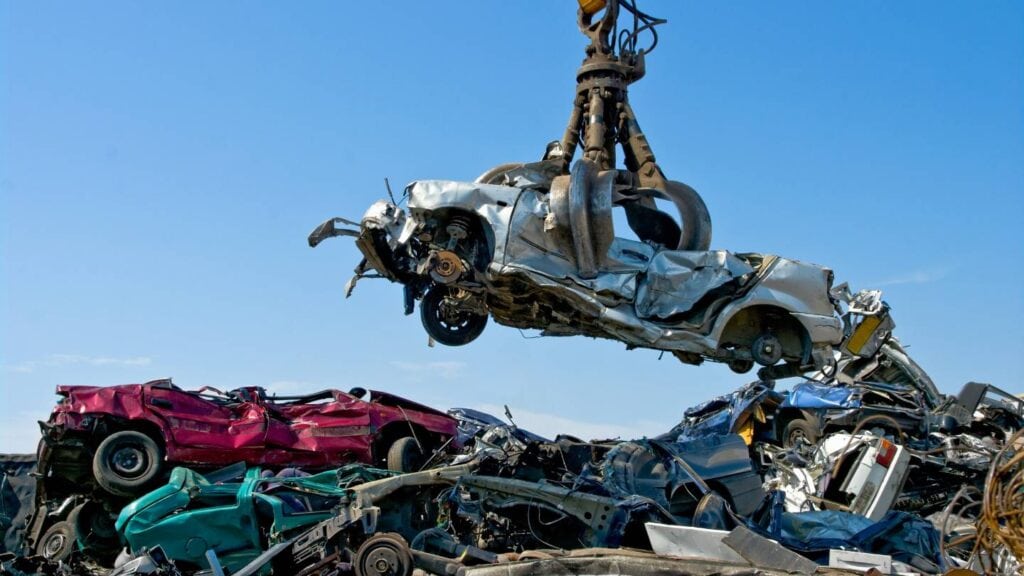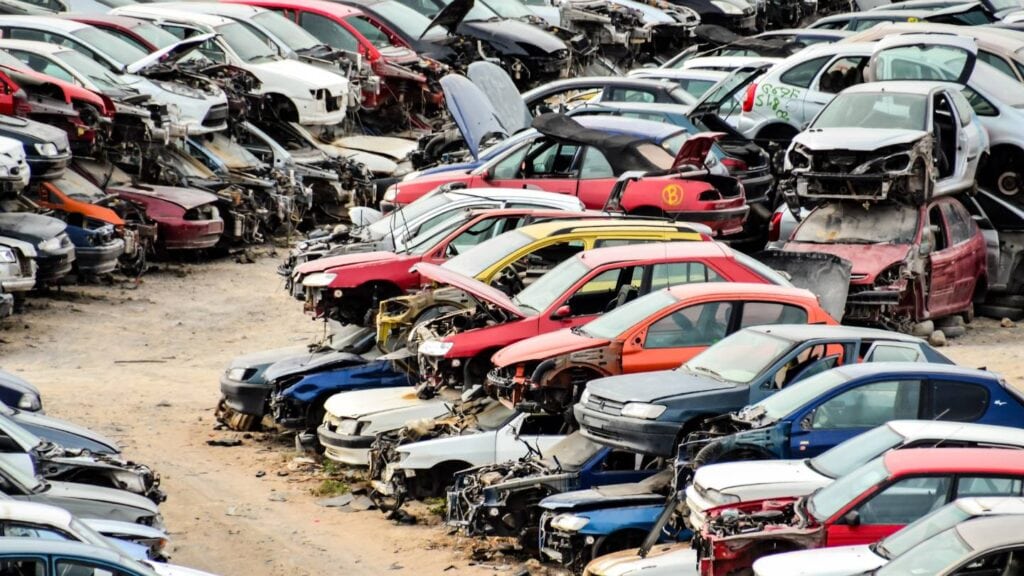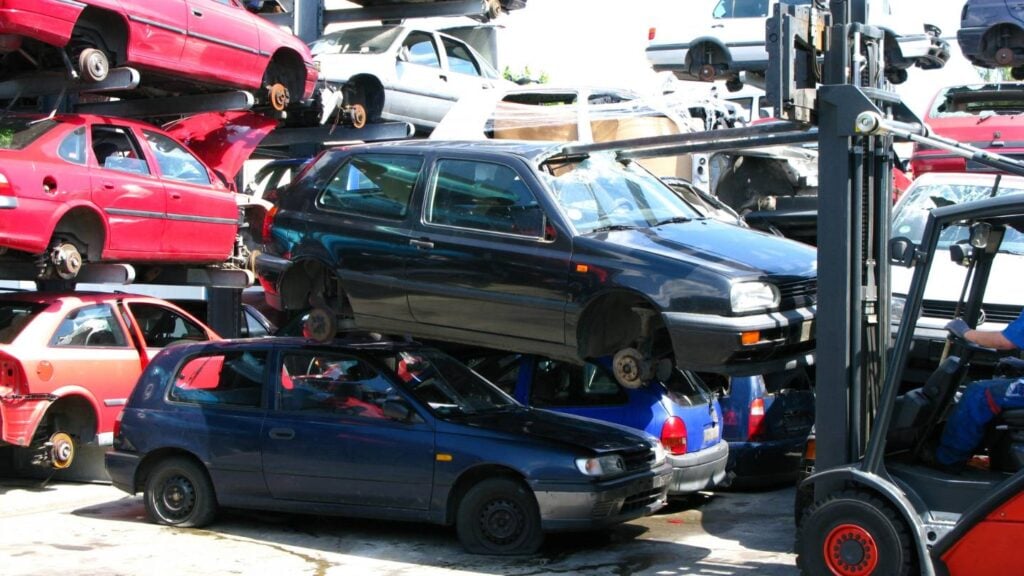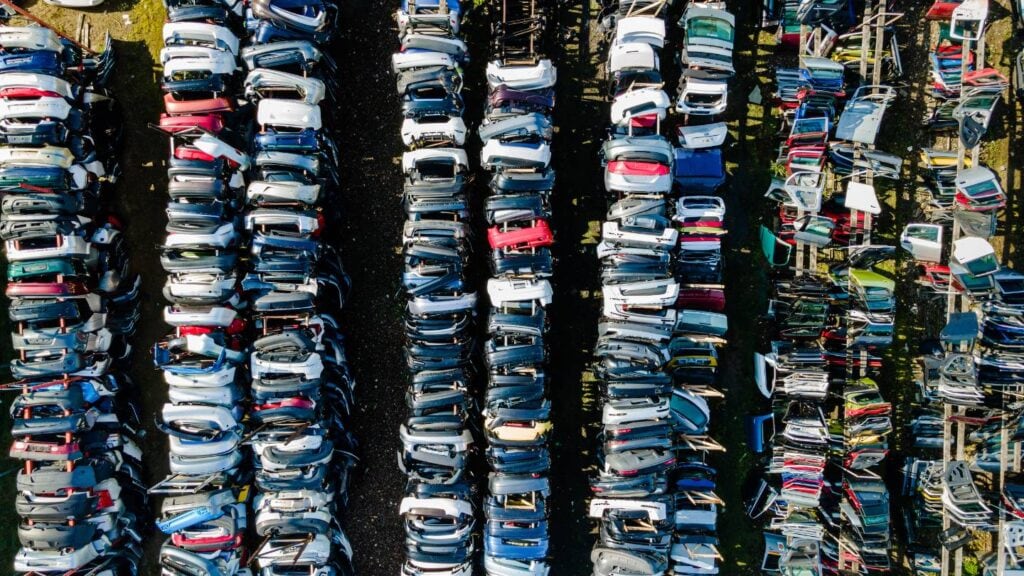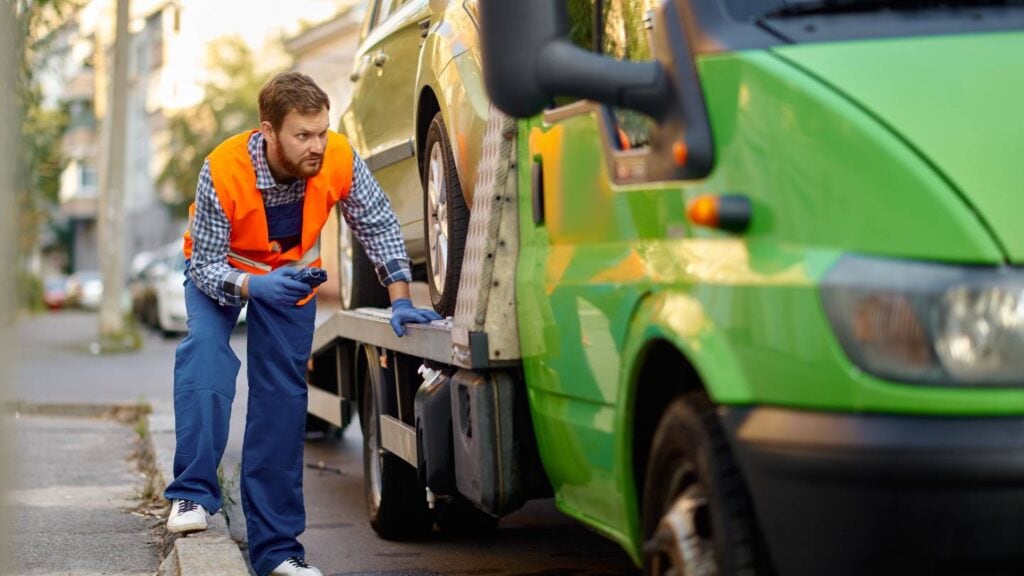The quantity of scrap, damaged, and wrecked vehicles has increased dramatically recently, as is obvious to everyone.
About 14 million automobiles hit their last mile yearly in most regions globally. Skilled automotive experts say it is the perfect time to bid farewell your trusty old automobile.
There is a whole market for hauling away damaged, unwanted, or otherwise unusable cars. Recycling and disassembling old cars is a well-known sector of the economy.
However, many individuals still need to learn that recycling old cars is good for the environment. Countless compelling arguments have been presented in this manual regarding the environmental benefits of recycling your old car.
What Is Auto Recycling?
Yards that specialise in recycling automobile parts and those that deal in salvage, wrecking, and car recycling make up what is essentially a vehicle dismantling sector.
A basic understanding of how it works is required. Automobile recyclers buy used, old, wrecked, accident-damaged, non-running, and lifecycle-ending vehicles from individuals for a profit.
After that, they disassemble the vehicles, clean and repair the pieces that are still in good operating order, and then resell those parts to others.
When an automobile is no longer usable for its parts, the remaining metal and steel are reduced in size by crushing them in an auto crusher.
The next step is to sell the crushed steel to a steel mill, which will recycle it and utilise it again in making new cars and other things made of steel.
How Auto Recycling Works
Recycling automobiles is a simple procedure that anyone can do. No need to worry about haggling when you bring your old automobile to our salvage yard.
We'll pay you a fair price based on its book weight plus the current price of scrap steel. After we handle the paperwork, you can be on your way with cold, hard cash.
If you are looking for used car parts and want to know if we have what you need, please get in touch with us or stop by during our office hours. If we don't have it in stock, we can usually get it for you within a few days through our network of connections.
Reasons Why You Should Think About Recycling Your Automobile
Selling Your Car On Your Own Is Difficult
Privately selling an automobile is a pain, as is well known. This choice can indeed bring in a lot of prospective buyers.
The process is lengthy and difficult, though, and begins with advertising your car, continues with detailing it, and ends with finding a serious buyer. Money and time will be required for this process.
Getting the most money for your car is by no means certain. Because potential purchasers will do all their power to haggle down your asking price until it meets their needs. You have the option to sell it to wreckers at this point.
Reusing And Recycling Metals Helps The Environment
Scrapping old cars is an eco-friendly activity in and of itself. Because junk car recyclers can extract valuable metals and components from old vehicles, they are repaired and used in pre-owned automobiles.
Clean and green procedures are applied in this system of upcycling scrap products. It positively impacts the environment because it decreases the need to produce new parts. The need for newly mined metals is also reduced. Everyone, even eco-activists, has well-received the method of recycling old cars.
Recycled Cars Are A Veritable Mine For Replacement Components
You can still sell your wrecked car to junkyards even if it's in terrible shape. Seats, tyres, batteries, engine components, and more will be among the many valuable items that can be extracted from it.
It is possible to make a tidy sum by selling these objects after they have been restored. You'll get top-notch money even for an accident-damaged car.
Disposing of junk or unwanted cars this way is considered the most eco-friendly option because junkyards are starting to use more eco-friendly practices to remove unwanted vehicles.
Less Demand For New Metal And Steel Production
You may lessen the demand for new steel by working with expert vehicle recyclers because they will remove all the metal components from your vehicle.
The process's energy consumption can be reduced in this way. However, it also lowers the total cost of producing and transporting newly mined steel.
Reduced Releases Of Harmful Gases
One further thing that can help cut down on greenhouse gas emissions is recycling old cars and their parts. The requirement to produce new steel is so diminished. Because of this, there will be less need to release dangerous gases and hazardous fuels.
The manufacturing process of fresh steel often results in their creation. Therefore, you may help reduce the harmful emissions from your old car and its impact on climate change by selling it for recycling.
Make The Switch To Reduce Waste From Landfills
According to a new study, some 25 million broken cars and scrap metal pieces end up in landfills every year because they have yet to come up with a better way to dispose of their unwanted items or broken-down cars.
However, they fail to acknowledge the significant harm it causes to the ecosystem. This is because automobiles contain harmful substances such as gas, oil, lubricants, etc. Also, the ecology might take a major hit when scrapping old cars is involved.
Retaining It May Decrease Its Worth!
The value of your old vehicle will decrease as the scrapping procedure drags on. Thus, it will merely detract from its value by becoming an eyesore. Your neighbour may also find it to be a major annoyance.
Do yourself a favour and take your completely wrecked, undrivable automobile to a junkyard to avoid this. A respectable sum of money will be theirs to depart with.
Useful For The Proper Disposal Of Hazardous Substances
The best way to handle the hazardous materials in the vehicle is to hire a reliable auto-wrecking company. This is because their diligent auto wreckers are the ones that dig for the dangerous metals and parts. They are familiar with the proper methods for disposing of dangerous fluids and damaged parts.
Maximise Your Profit From The Sale Of Your Used Car
People often write off vehicles as useless after they sustain damage in an accident or from excessive use. The good news is that they can still get a good deal when they sell their damaged car. The apparent reason is that you may find a lot of valuable stuff in junk cars.
As we've established in this piece, auto wreckers are skilled enough to salvage parts from a junk car. This is the typical rationale behind their constant enthusiasm for accepting broken and non-running autos.
Seek Free Cash Quotes From Several Different Businesses.
According to most automobile specialists, it is highly recommended to obtain multiple quotations from different scrapyards. Using this method, you will likely get top dollar for your junk car.
Before contacting a scrapyard for a price quote, conduct your research. Keep in mind that it can assist you in eliminating the trouble of doing your junk car destruction.
What To Look For When Deciding To Recycle Your Old Vehicle
When does your reliable vehicle finally give out on you? A car's lifespan is finite, regardless of how skilled the driver is. When your vehicle is ready to be recycled, you'll notice these telltale signs:
- Car repairs are more expensive than the car is worth.
- The vehicle has been inoperable for quite some time.
- It is severely rusted.
- It needs a better track record in emissions testing.
You should think about recycling if you've ever experienced any of these.
Auto Recycling And Its Positive Impact On The Environment
Manufacturing-Related Greenhouse Gas Emissions Will Decreasing
Without a doubt, a great deal of greenhouse gases are discharged into the atmosphere during the production of automobiles.
In addition, many harmful elements enter the atmosphere while manufacturing iron and steel, two of the main materials utilised in vehicle construction.
Research has shown that nearly one billion tonnes of harmful pollutants might be diverted from the atmosphere if every automobile owner were to recycle their vehicle once during their lifetime. Therefore, auto recycling helps improve the air quality we breathe daily by reusing and recycling cars.
Benefits In The Long Run
Over time, the audience will grow as more people become aware of the advantages of recycling automobiles. You may change your perspective on the environment and learn to care for it at the same time by doing this, and you can also earn some additional money for your old cars.
As a result, far fewer old, rusty cars will be abandoned on highways and in junkyards.
Car Disposal Will Be Conducted Properly
When vehicles are no longer roadworthy, they are often abandoned. Because of this, many cars end up in landfills, where they impact the environment for years to come.
Many fluids found in vehicles, such as coolants, braking fluids, power steering fluids, gasoline, and so on, can cause environmental harm.
The failure to dispose of these fluids professionally causes them to leak out of vehicles and into surrounding water bodies, contaminating them.
To avoid harming the environment, automobile owners must contact car-wrecking firms about recycling their vehicles. This will ensure that all necessary components are disposed of safely.
Gain Access To Rare Metals
Scientists have found that rare elements like lithium are never in plenty. Therefore, these automakers will need to mine lithium in some of the world's most environmentally sensitive regions in the coming days, which might have serious consequences for global warming and other climate crises. However, recycling vehicles can help collect these rare metals more efficiently if more people do so.
It will be possible for automakers to employ these recycled metals in the future when they reintroduce them to the market for new automobiles.
As a result, the earth's natural areas will be better protected from further human exploitation. It ranks high in simple, easy ways that car owners may help the environment.
Saving Of Space
There is a finite quantity of land that humans can call home. As a result, more room can be saved inside municipal landfills if vehicle recycling is actively encouraged. There will be less pollution overall if people recycle.
In case of an unexpected need, the freed-up space might also be used for other things.
Safety Of The Animals
Steel mining is a major contributor to environmental pollution. Additionally, this poses a risk to the local wildlife's natural habitat. There will be less mining and a stronger and healthier ecology if recycling becomes the standard. Animals in the area will be able to coexist without interference.
Conclusion
Disassembling and recycling old, broken, or wrecked cars is a growing business called "auto recycling." It includes yards that exclusively recycle auto parts as well as yards that recover, wreck, and recycle cars.
Automobile recyclers buy used, old, broken, accident-damaged, non-running, and end-of-life vehicles from people for a profit. They then take the vehicles apart, clean and fix the parts that are left, and sell those parts to other people.
Recycling old cars is good for the environment because it cuts down on the need for new parts and metals that have to be taken from new sources.
As well, it's a good place to find new parts like seats, tyres, batteries, and engine parts. More and more junkyards are using eco-friendly methods to get rid of old cars, which makes this choice the most eco-friendly.
Working with professional vehicle recyclers can lower the need for new metal and steel production by taking out all the metal parts from the vehicle.
This lowers the amount of energy used and the total cost of mining and shipping new steel. Recycling old cars and their parts is another way to cut down on greenhouse gas and harmful gas pollution.
A new study shows that every year, 25 million broken cars and other metal pieces end up in dumps because there aren't any better ways to get rid of them. In addition, as the process of scrapping your old car goes on, its worth may drop, making it an eyesore and a bother to your neighbours.
Finally, recycling cars is better for the earth because it keeps trash out of landfills, lowers greenhouse gas emissions, and gives people a more environmentally friendly way to get rid of old cars.
For safe disposal of dangerous metals and parts, auto wrecking companies are a good choice for dealing with dangerous materials in cars. You can make the most money by selling a broken car, since junk cars often have useful things inside. To get the most money for your junk car, you should get quotes from more than one scrapyard.
When you take your old car to be recycled, look for signs like expensive fixes, cars that won't start, a lot of rust, and a better track record on emissions tests. Recycling can help clean up the air by cutting down on greenhouse gas pollution from factories.
Over time, more people will learn about the benefits of recycling cars, which will change how they feel about the world and help them get more money for their old cars.
The right disposal of a car will be carried out, making sure that all of its parts are thrown away safely. Recycling cars is another way to get rare metals like lithium that are hard to find in many places. Automakers can make new cars out of recycled metals, which keeps people from further exploiting the earth's wild areas.
Recycling cars saves room in municipal landfills, which can be used for other things or to cut down on pollution. Recycling also helps keep animals safe, since steel mining pollutes the environment and threatens the natural habitats of animals in the area.
Content Summary
- The increasing number of scrap, damaged, and wrecked vehicles highlights the need for auto recycling.
- Approximately 14 million cars reach the end of their lifespan annually in most regions.
- Auto recycling is a well-established sector of the economy focused on recycling automobile parts.
- Automotive recyclers purchase old, wrecked, and non-running vehicles from individuals.
- They disassemble vehicles, repair salvageable parts, and resell them, reducing waste.
- Unusable vehicles are crushed and sold to steel mills for recycling into new products.
- Auto recycling is a straightforward process, offering fair compensation for old cars.
- Salvage yards provide used car parts and can source specific parts through their networks.
- Private car sales involve time-consuming processes like advertising, detailing, and negotiating.
- Selling to wreckers can be a more convenient option when seeking the highest value for a car.
- Auto recycling is eco-friendly, reducing the need for new parts and mined metals.
- Scrapped cars can yield valuable components like seats, tires, batteries, and engine parts.
- Auto recyclers contribute to reducing the demand for new steel production.
- Recycling old cars and their parts reduces harmful gas emissions and pollution.
- Recycling helps reduce waste in landfills and prevents ecological damage.
- Left unattended, old cars may decrease in value and become eyesores.
- Proper disposal of hazardous substances is ensured by reliable auto-wrecking companies.
- Auto wreckers salvage valuable parts from damaged cars, offering good deals to sellers.
- Seeking quotes from multiple scrapyards can maximise profits from selling a junk car.
- Signs that your vehicle is ready for recycling include costly repairs and inoperability.
- Auto recycling reduces manufacturing-related greenhouse gas emissions.
- Recycling can change perspectives on the environment and lead to positive long-term effects.
- Recycling cars prevent abandoned vehicles from being on roads and in junkyards.
- Proper car disposal prevents harmful fluids from contaminating the environment.
- Recycling vehicles can help collect rare metals like lithium more efficiently.
- Recycled metals can be used in future automobile production, reducing environmental impact.
- Auto recycling saves space in municipal landfills, reducing overall pollution.
- Freed-up space in landfills can be repurposed for other needs or emergencies.
- Auto recycling contributes to the safety of local wildlife and their natural habitats.
- Reduced steel mining through recycling benefits the environment and ecology.
- Encouraging recycling helps protect natural areas from further human exploitation.
- Auto recycling ensures that old cars are disposed of responsibly, mitigating potential environmental harm.
- The process of auto-recycling conserves natural resources by reusing metals and parts.
- Recycling vehicles promotes sustainability in the automotive industry.
- The practice reduces the need for raw material extraction, lessening ecological footprints.
- Auto recycling plays a crucial role in managing the lifecycle of a vehicle responsibly.
- It offers a practical solution for owners to dispose of their cars while benefiting the environment.
- This process also supports the circular economy by keeping materials in use for longer.
- Auto recycling is an effective way to combat the growing problem of electronic waste in vehicles.
- The industry provides employment opportunities, contributing to the economy.
- Recycling cars helps in reducing the carbon footprint of new vehicle production.
- It encourages innovation in the recycling industry, leading to improved techniques and efficiency.
- Auto recycling sets a precedent for responsible consumer behaviour and environmental stewardship.
- The process aids in reducing the burden on waste management systems.
- It supports the production of more environmentally friendly vehicles by providing recycled materials.
- Auto recycling helps conserve the energy used in manufacturing new parts.
- The practice contributes to reducing water pollution caused by improper disposal of vehicles.
- It prevents hazardous materials in cars from seeping into soil and groundwater.
- Auto recycling aligns with global efforts to combat climate change and environmental degradation.
- The industry plays a critical role in promoting sustainable practices in transportation and manufacturing.
Frequently Asked Questions
Yes, non-metallic parts like plastics and rubber can be recycled or repurposed into various products.
Auto recycling involves dismantling vehicles and reclaiming usable parts and materials, whereas traditional disposal methods lead to increased waste in landfills.
Hazardous materials like oils, coolants, and batteries are carefully extracted and disposed of properly to prevent environmental harm.
It promotes the reuse and repurposing of materials, aligning with the principles of a circular economy.
Yes, many regions have laws and regulations ensuring proper disposal and recycling of end-of-life vehicles, promoting environmentally responsible practices.

